Premium Only Content
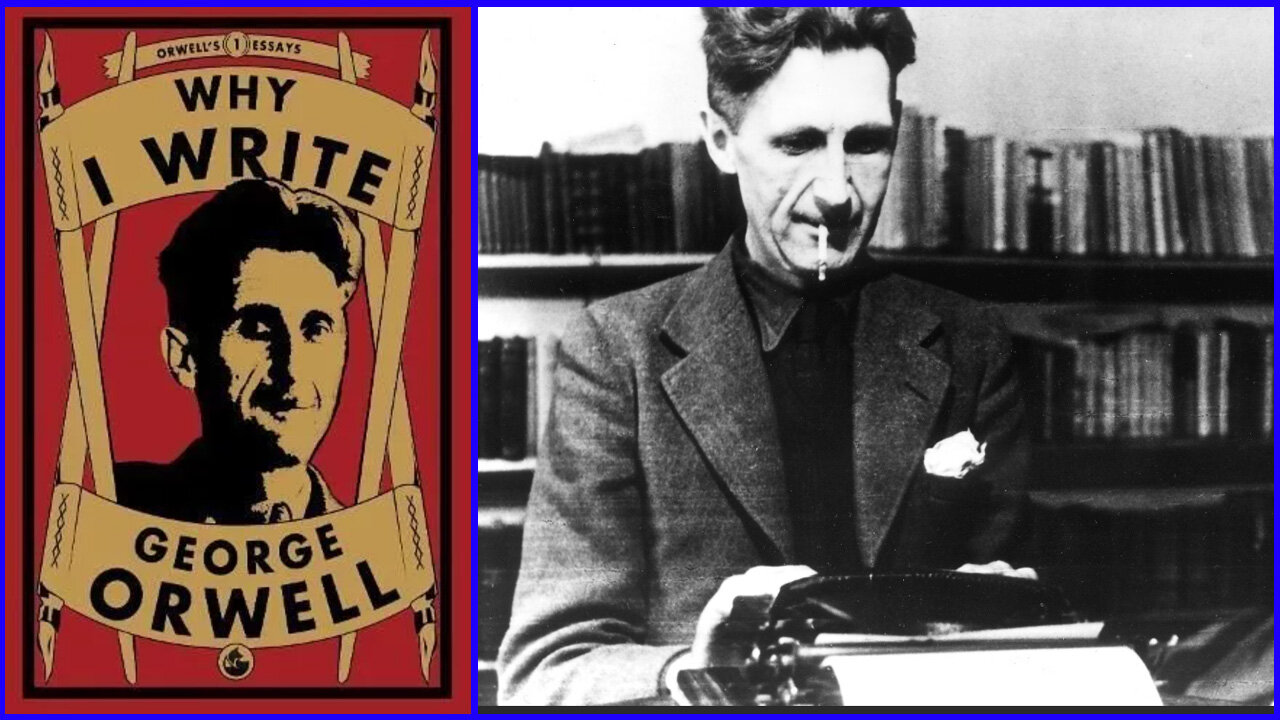
'Why I Write' (1946) by George Orwell
'Why I Write' (1946) is an essay by George Orwell detailing his personal journey to becoming a writer. It was first published in the Summer 1946 edition of Gangrel. The editors of this magazine, J.B.Pick and Charles Neil, had asked a selection of writers to explain why they write.
The essay offers a type of mini-autobiography in which he writes of having first completed poems and tried his hand at short-stories, and carried on a continuous "story" about himself in his head, before finally becoming a full-fledged writer. It goes on to set out some important motives for writing.
Orwell lists "four great motives for writing" which he feels exist in every writer. He explains that all are present, but in different proportions, and also that these proportions vary from time to time. They are as follows:
1. Sheer egoism- Orwell argues that a writer writes from a "desire to seem clever, to be talked about, to be remembered after death, to get your own back on grown-ups who snubbed you in childhood, etc." He says that this is a motive the writer shares with scientists, artists, lawyers - "the whole top crust of humanity" - and that the great mass of humanity, not acutely selfish, after the age of about thirty abandons individual ambition. A minority remains however, determined 'to live their own lives to the end, and writers belong in this class.' Serious writers are vainer than journalists, though "less interested in money".
2. Aesthetic enthusiasm- Orwell explains that the present in writing is the desire to make one's writing look and sound good, having "pleasure in the impact of one sound on another, in the firmness of good prose or the rhythm of a good story." He says that this motive is "very feeble in a lot of writers" but still present in all works of writing.
3. Historical impulse- He sums this up stating this motive is the "desire to see things as they are, to find out true facts and store them up for the use of posterity."
4. Political purpose- Orwell writes that "no book is genuinely free from political bias", and further explains that this motive is used very commonly in all forms of writing in the broadest sense, citing a "desire to push the world in a certain direction" in every person. He concludes by saying that "the opinion that art should have nothing to do with politics is itself a political attitude."
-
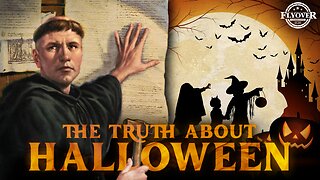 58:18
58:18
Flyover Conservatives
1 day agoThe Truth About Halloween that You DIDN’T Know - Holiday Special - Historian Bill Federer | FOC SPECIAL Show
51K7 -
 3:10:46
3:10:46
Ellie_roe
7 hours agoEllie and Errys Halloween Spooktacular || Random Horror Games
24.2K1 -
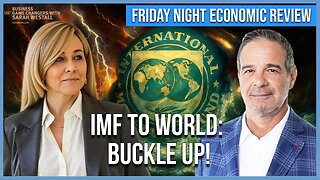 50:27
50:27
Sarah Westall
9 hours agoBig Banks Caught Rigging Market, IMF tells World to “Buckle Up” w/ Andy Schectman
43.6K17 -
 13:54
13:54
Degenerate Jay
16 hours ago $1.15 earned5 Best Superhero Movies To Watch On Halloween
22.9K5 -
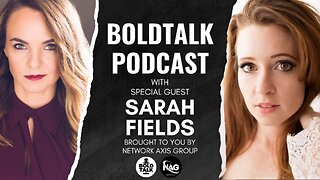 59:03
59:03
NAG Podcast
9 hours agoSarah Fields: BOLDTALK W/Angela Belcamino
39.4K9 -
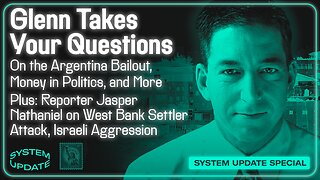 1:21:41
1:21:41
Glenn Greenwald
11 hours agoGlenn Takes Your Questions: On the Argentina Bailout, Money in Politics, and More; Plus: Journalist Jasper Nathaniel on Brutality and Settler Attacks in the West Bank | SYSTEM UPDATE #541
92K47 -
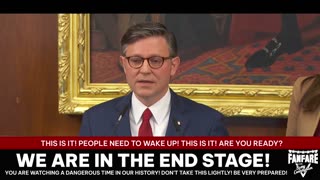 3:10:08
3:10:08
Barry Cunningham
9 hours agoPRESIDENT TRUMP TO USE NUCLEAR OPTION? FOOD STAMPS END! | SHUTDOWN DAY 31
55.6K43 -
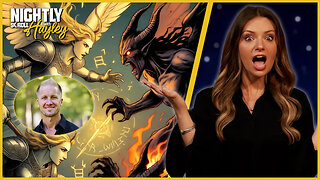 1:06:56
1:06:56
BonginoReport
16 hours agoThe Battle Between Good & Evil w/ Demonologist Rick Hansen - Hayley Caronia (Ep.168)
105K39 -
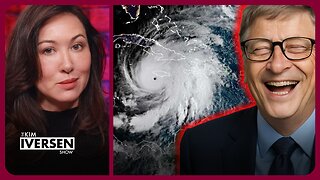 1:12:57
1:12:57
Kim Iversen
11 hours agoBill Gates Suddenly Says “Don’t Worry About Climate Change”?
94.1K67 -
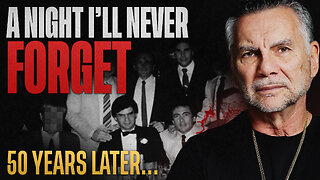 1:05:12
1:05:12
Michael Franzese
11 hours agoI Waited 50 Years to Tell You What Happened on Halloween 1975
47.6K19